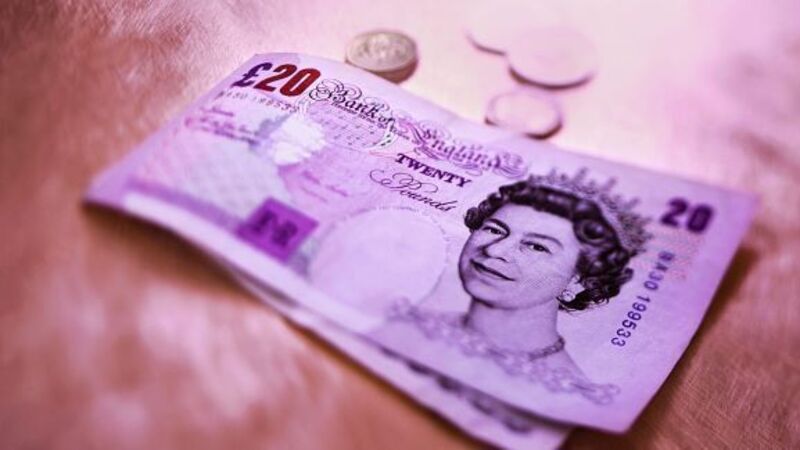Britain’s unemployment rate falls to 5.3%

Britain’s unemployment rate dipped to 5.3% in the third quarter, its lowest level since the three months to April 2008, before the financial crisis hammered the economy.
The UK rate compares with a 9.3% jobless rate here, which Taoiseach Enda Kenny has described as still too high. It is down from a peak of over 15% in early 2012.
















